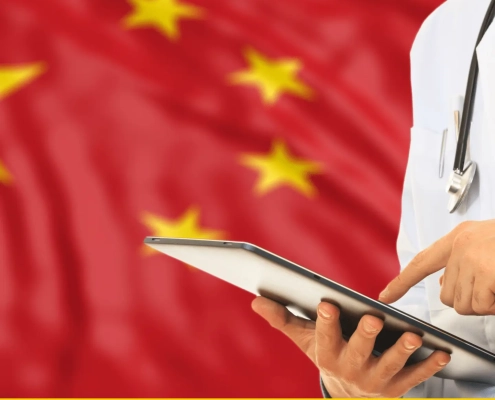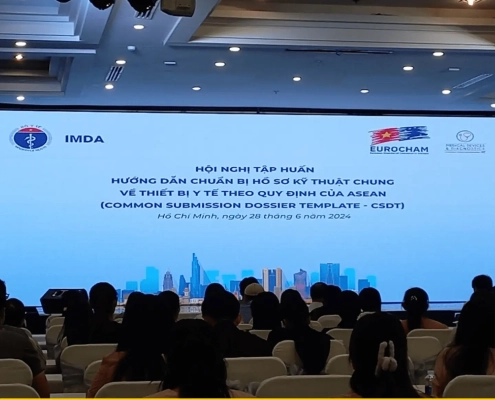Come grow with us in the US in Thailand in China in Korea in the Philippines in Taiwan in Hong Kong
Contact Us
US: +1 512 898-9222
SG: +65 3138-4148
EMAIL: Inquiry@asiaactual.com
Singapore’s HSA Issues New Guidance on Special Access Routes (SAR)
Published on: March 30th, 2022
Singapore’s Health Science Authority (HSA) recently held a zoom conference call outlining the new requirements for the Special Authorization Routes GN-26 and GN-27 taking effect on April 1, 2022. Class C and D devices being used by public health institutions (PHIs) will now need to complete an additional clinical justification form. Changed are being implemented to continue improving patient safety in Singapore. The new Special Authorization Routes (SAR) guidance can be found here and hospitals have already been made aware of the new requirements.
While the HSA has not released official review times, it was noted during the zoom meeting that class C and D GN-26 and GN-27 applications will take longer than class B (14 working days). For urgent applications, the HSA is advising license holders to split their GN applications according to the risk class to expedite their review.
What to Do with Stock Covered by an Expired GN-27
The HSA has also clarified that if a GN-27 has expired, the supply and USE of the devices is no longer allowed and a new application will need to be submitted for the remaining stock.
Special Authorization Routes Available in Singapore
GN-26 applications are for “licensed qualified practitioners to seek approval for the import and supply of unregistered medical devices for use on his patient” while GN-27 applications are for “healthcare facilities licensed under the Private Hospitals and Medical Clinics Act (PHMCA) / Healthcare Services Act (HCSA) to seek approval for the import and supply of unregistered medical devices for use on their patients.”
Current fees can be found here and more information on the regulatory process can be found here.
Special Authorization Routes (SAR) Fees and Turnaround Time
Below are the current HSA fees for SARs but it is expected that new fees and timelines will be issued for the new class C and D routes in the near future.
| Special Access Routes | Fees
(SGD) |
Turnaround time (in working days) |
|---|---|---|
| Import for re-export of unregistered devices | $258 | 14 |
| Unregistered devices for non-clinical purposes | $258 | 14 |
| Unregistered devices requested by qualified practitioners | $155 | 14 |
| Unregistered devices requested by a licensed PHMC | $360 | 14 |
All fees are in Singapore dollars. S$100 = US$70.5 as of January 2022
Please see our Singapore Medical Device Registration page for more information on registration fees and timelines.
Grow with Us
Asia Actual specializes in helping medical device manufacturers grow their sales in Asia with experienced, bi-lingual commercial and regulatory experts on the ground in Singapore. Contact Asia Actual today if you have questions or need support importing medical products into Singapore.






